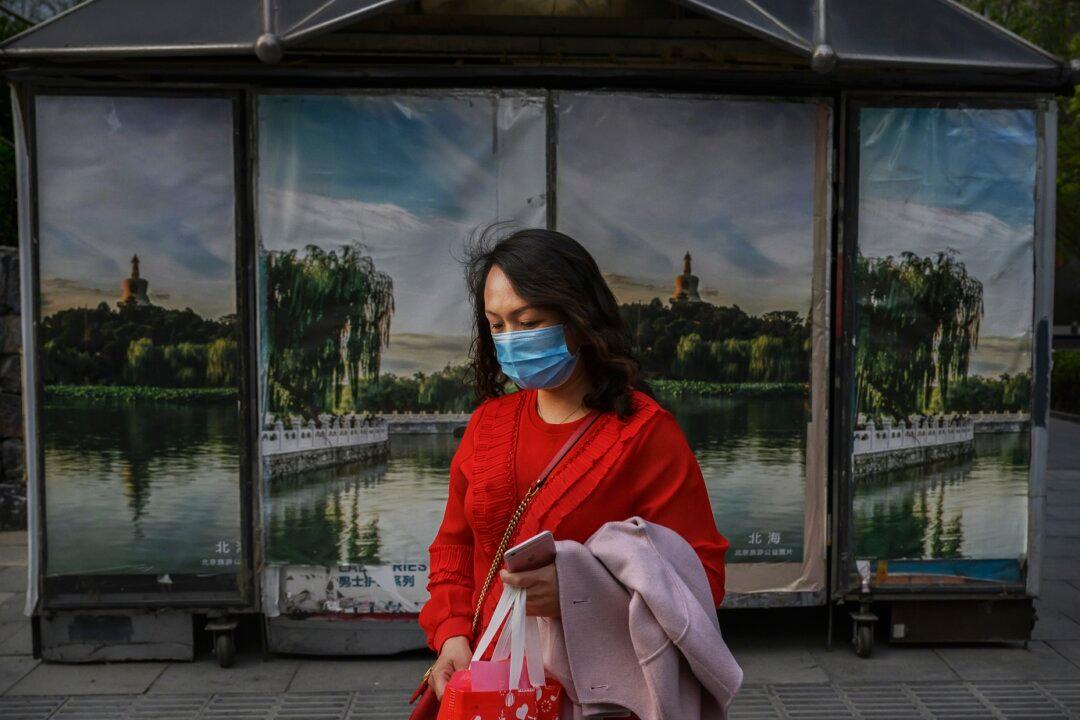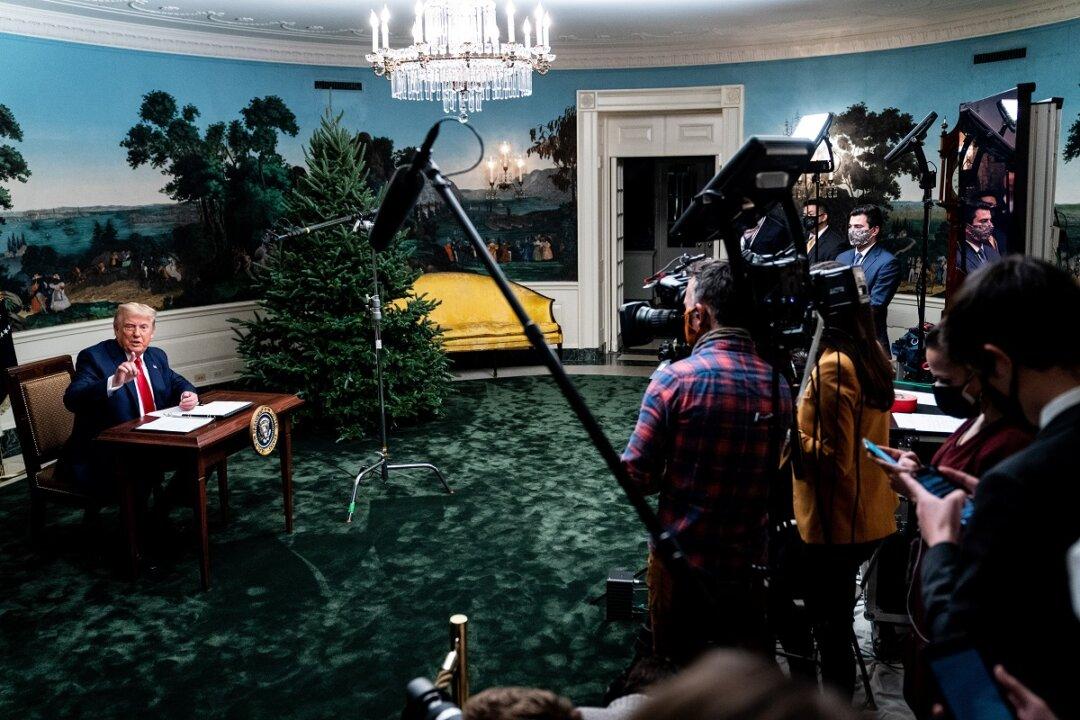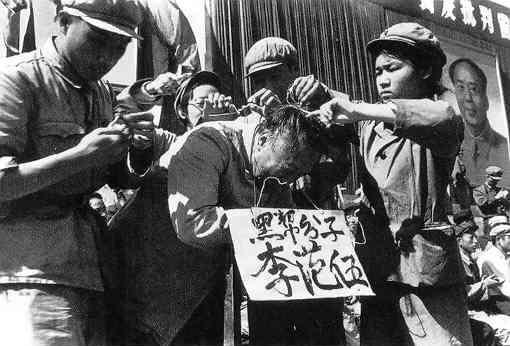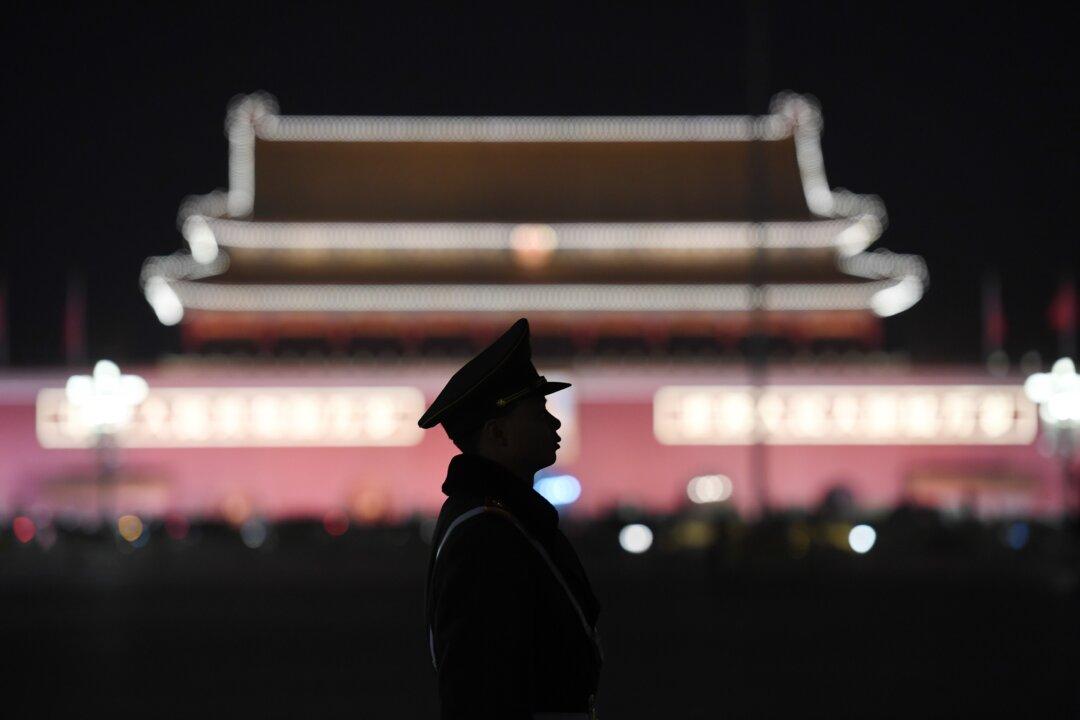Commentary
In early February, friends and I were looking for protective masks in stores in New York, while thinking of our friends and family in China. We couldn’t find masks in any store in the city, including small stores, clinics, and chain stores such as CVS and Walgreens.




